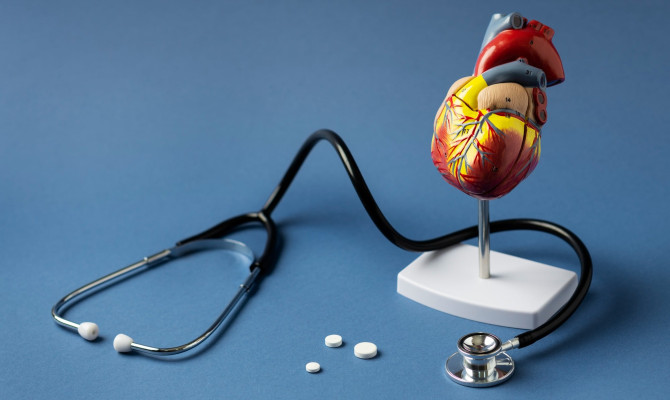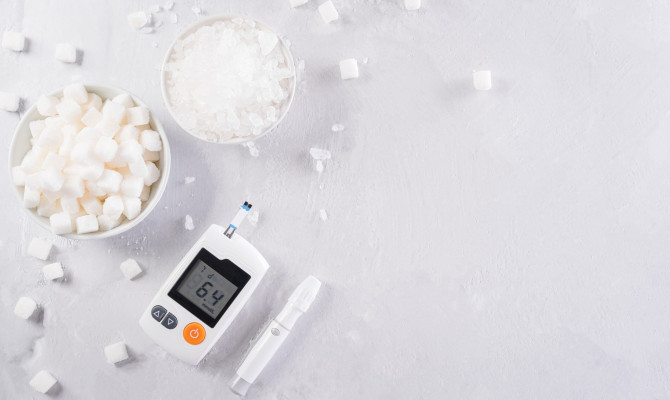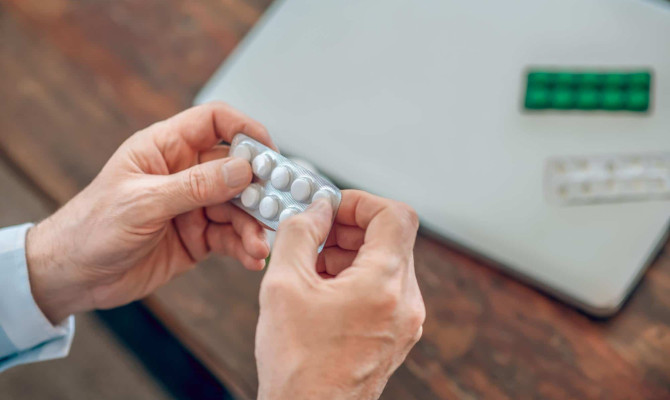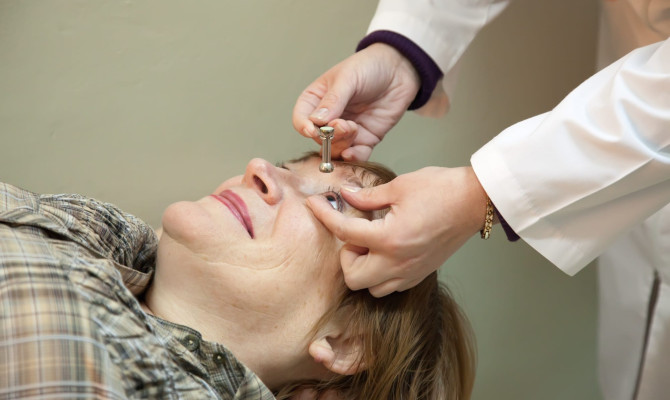Genvoya: What do you need to know?

- Genvoya
- 22 Aug 2023
Overview
About Genvoya
Genvoya is a medication utilized to treat HIV infection. The brand name Genvoya combines four active components, namely, emtricitabine, elvitegravir, cobicistat and tenofovir alafenamide. These ingredients work together to combat the progression of the virus and manage the condition effectively. FDA (Food and Drug Administration) first gave the green light on November 5, 2015.
While HIV/AIDS cannot be cured by medication, consistent daily use of HIV medicines plays a crucial role in helping individuals with HIV live healthier and longer lives. Moreover, HIV medicines effectively lower the chances of spreading the illness. It is essential to follow the healthcare provider’s guidance and not reduce, skip, or discontinue HIV medication unless specifically advised to do so.1Overview| Researched based study from Clinicalinfo.hiv.gov

Uses
What is Genvoya used for?
- Genvoya is approved for the management of HIV-1 infection.
- It can additionally serve as a substitute for the current antiretroviral treatment in individuals who have attained a state in which the level of HIV in the bloodstream is reduced to a very low or undetectable level.2Uses| Researched based study from Fda.gov
- It can be used in patients as well who have maintained a consistent antiretroviral treatment for a minimum of half a year.
- In addition, it is appropriate for patients who have not experienced any prior treatment ineffectiveness or relapse.
Dosage
Dosage and administration of Genvoya
- The prescribed dose is a single tablet ingested orally on a daily basis, in conjunction with a meal.
- This medication is for patients who weigh at least 25 kg (55 pounds) and have a certain level of kidney function (creatinine clearance greater than or equal to 30 mL per minute).2Dosage| Researched based study from Fda.gov
- If an adult patient has very low kidney function (creatinine clearance less than 15 mL per minute) and is undergoing regular hemodialysis, Genvoya should be taken after the hemodialysis session on those days.
- Genvoya is not recommended for patients with kidney function that is estimated to be between 15 and below 30 mL per minute or below 15 mL per minute if they are not receiving regular hemodialysis.
- In patients with severe liver problems, the medication is not advised to consume.
- Any dose of the medication should not be skipped. In the event of a missed dose, the following actions should be taken:
- If the individual notices within 18 hours of their regular Genvoya dosing time, they should take the tablet as soon as possible with a meal and the upcoming dose at the regular time.
- If the individual realizes 18 hours or more after their regular dosing time, they should refrain from taking the missed dose.
- If an individual vomits less than 1 hour after taking Genvoya, it is advised for them to take another tablet with a meal.
General instructions for dosage
- It is important not to use Genvoya for any other diseases unless a doctor prescribes it.
- Additionally, Genvoya should not be given to other individuals, even if they have similar symptoms. Doing so could potentially harm them.
- For more information about Genvoya , patients can consult their healthcare provider or pharmacist.
- Individuals should refill their prescriptions or consult their healthcare provider before their supply of Genvoya is fully depleted.
- Stopping the use of Genvoya without first consulting a healthcare provider is not recommended.
- If the decision to discontinue Genvoya is made, patients should speak to their doctors. In such cases, the healthcare provider will need to closely monitor the individual’s health, conduct regular blood tests, particularly to assess liver function, and may prescribe medication to treat hepatitis B if necessary.
- Any new or unusual symptoms that arise after discontinuing Genvoya should be promptly reported to the healthcare provider.4Dosage| Researched based study from Gilead.com
Storage
- Genvoya should be stored below 86°F (30°C) in its original container, and the container should be kept tightly closed.
Side effects
Side effects of Genvoya
- The most common side effect of Genvoya, experienced by more than 1 in 10 people, is a sensation of queasiness or feeling sick.
- Other possible side effects may include head pain and gastrointestinal discomfort.
- Genvoya has the potential to cause or worsen kidney problems.
- Another rare but serious side effect is lactic acidosis, characterized by an excessive buildup of acid in the blood, which can result in an enlarged liver with fat accumulation.
- Additionally, in some individuals, there can be a severe and sudden deterioration of hepatitis B.3Side effects| Researched based study from Dailymed.nlm.nih.gov
- If any of these side effects occur or if there are concerns, individuals should promptly contact their healthcare provider for further guidance and assistance.
Administration in Specific Groups
During pregnancy & breast feeding:
- Genvoya is not recommended for use during pregnancy.
- It is important to note that emtricitabine, one of the components of Genvoya , has been detected in human breast milk.
- Due to potential risks such as HIV transmission (in infants who are HIV-negative), development of viral resistance (in infants who are HIV-positive), and the possibility of adverse reactions similar to those seen in adults, mothers should not breastfeed while taking Genvoya .2Side effects| Researched based study from Fda.gov
Interactions
Interactions of Genvoya
Taking Genvoya together with certain medications that rely heavily on CYP3A enzyme for removal from the body is not recommended, as it can result in severe and potentially life-threatening effects.
These medications include:
- Carbamazepine and phenytoin, which are anticonvulsants used to control seizures.
- Rifampin, a medication used to treat certain types of bacterial infections, particularly those caused by mycobacteria.
- Alfuzosin, which is used to treat urinary problems
- Pimozide and lurasidone, medications used to treat mental health conditions such as psychosis or schizophrenia.
- St. John’s wort, a natural product.
- Lipid-modifying agents, like lovastatin, used to manage cholesterol levels.
- Triazolam and orally administered midazolam, medications that help promote relaxation and sleep and are used as sedatives or sleep aids.
- Certain medications derived from ergot, a fungus. These medications are used to treat specific medical conditions.
- This list might not contain all contraindicated drugs, hence it is essential to consult the healthcare professional before taking any drug.2Interactions| Researched based study from Fda.gov
Overdose
Toxicity caused by Genvoya overdose and its management
- In the event of an overdose of Genvoya , there is limited information available regarding its effects.
- If an overdose occurs, it is essential to closely monitor the patient for any signs of harmful effects.
- Treating an overdose of Genvoya involves general supportive measures, including monitoring vital signs and assessing the patient’s overall clinical condition.2Overdose| Researched based study from Fda.gov
Takeaway
Key Takeaways
- Genvoya is a highly effective medication for the treatment of HIV-1 infection. It can be prescribed to individuals who have not undergone any prior HIV treatment, or it can be used as a replacement for their current treatment if they have successfully suppressed the virus
- It has shown notable enhancements in various anti-HIV outcomes. Hence, healthcare professionals, including physicians, pharmacists, and nurse practitioners, ought to be knowledgeable about the appropriate use and contraindications of Genvoya to ensure safe and effective treatment.
- Continuously monitoring patients throughout their treatment is crucial for effectively managing the adverse events and patients should consult with the healthcare professional in case of any confusion or feeling of sickness while taking Genvoya .
Any feedback on this article?
 This Articles content was accurate
This Articles content was accurate Very Informative Article
Very Informative Article I have a question or a comment
I have a question or a comment
 This article contains inaccurate content
This article contains inaccurate content This article was not helpful
This article was not helpful I have a question or a comment
I have a question or a comment
We appreciate your helpful feedback!
Checkout our social pages
References
-
Clinical Info
Drug information-Genvoya | Overview
-
FOOD AND DRUG ADMINISTRATION
GENVOYA® | Uses | Side effects | Dosage | Interactions
-
Daily Med
GENVOYA- elvitegravir, cobicistat, emtricitabine, and tenofovir alafenamide tablet | Side effects
-
Gilead Sciences
GENVOYA | Dosage




































